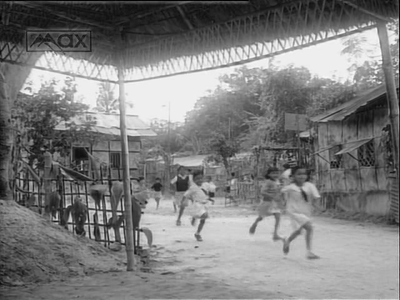Rosinka Chaudhuri, The City as Poetic Image: Then and Now
Composed While Drunk
Saratkumar Mukhopadhyay (tr: Rosinka Chaudhuri)
After midnight Calcutta is ruled by four young men
Chowringhee, Bhabhanipur to the Shyambazar delta
Only the insomniacs hear the sound of the galloping horse, the whistle
of the whip
Stray dogs see the sparks flame on the unpeopled tramline and are
blessed
The red tops of a fistful of policemen lie hesitantly scattered
Hearing the sound of the horse’s hoofs, they stand to attention
When the sound of the horse’s hoofs become distant they pick up
half-rupee coins, heads bent;
Oh none of you have seen this sight, the prostitutes have seen it at
midnight
In front of the yellow hours, the four jump down from the horse
Look up in jest, as if they were gods of the hunt;
From row after row of windows hang maids as if they were pictures,
it takes three minutes
To identify a princess; after this follows commotion, the sound of
shoes on the stairs, flowers, curtain, neon light, darkness.
Once again the sleeping city will awaken with a start when the four
Youths on the horse begin to laugh –
Yet no one will know that the insects kept in the secret shells have turned into
pearls in amazement.
We begin with 'the sound image' in the poetry of Iswar Gupta, Bengal's unacknowledged poet of the colonial city, not considered a 'true poet' by critics to this day.
We then read a letter by Rabindranath Tagore (download here) recounting a nightmarish dream of Calcutta side by side with the humorous children's poem he turned the dream into, as well as another poem called 'The Flute' set in the city's b- lanes (download here).
Two poems - by Samar Sen (download here) and Sarat Mukhopadhyay (download here) - will be circulated to evoke the city at night time, wartime and a time of conflict and desire.
These primary texts will be discussed in relation to contemporary writing on the city in fiction and non-fiction. It may not be possible to end with stills or clips of the city in film, but we shall see.
 |  |  |
|---|---|---|
| Ritwik Ghatak (Meghe Dhaka Tara/The Cloud-Capped Star, 1960) | Ritwik Ghatak (Subarnarekha, 1965) |
 |  |
|---|
Agantuk/The Stranger (Satyajit Ray, 1992), Calcutta (Louis Malle, 1969)
Readings:
Rosinka Chaudhuri, 'Poet of the Present: The Material Object in the World of Iswar Gupta' in The Literary Thing: History, Poetry, and the Making of a Modern Cultural Sphere (Delhi: OUP, 59-87) (download original text here)
Poems: Rabindranath Tagore, Letter 25 ('Last night I had a very strange dream.') in Letters from a Young Poet (Penguin Modern Classics, 2014) 87-89 and Sukhendu Ray translated 'O what a dream of dreams I had one night!'; 'The Flute' (Banshi). 'Fifth Column' by Samar Sen and 'Composed While Drunk' by Saratkumar Mukhopadhyay in Amit Chaudhuri ed. Memory's Gold: Writings on Calcutta (Delhi: Penguin, 2008) 318-322.
Document Actions
